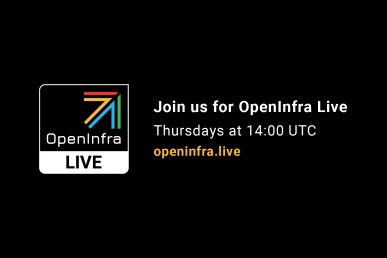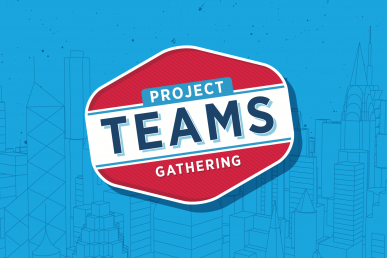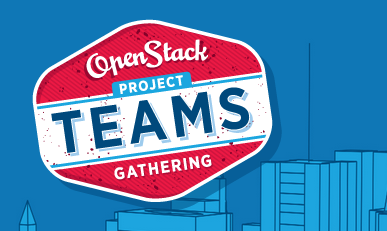New contributors were the focus of many discussions the week of the Project Teams Gathering (PTG) in a snow-beaten Dublin, Ireland. Almost every day there was a topic or a group meeting to discuss how to make it easier for people to come into our community and start contributing.
#OpenStack PTGs are always unique, and this one doesn’t disappoint! #SnowpenStack pic.twitter.com/GYuhFi5Ky0
— Thierry Carrez (@tcarrez) March 1, 2018
First Contact SIG
The First Contact SIG met bright and early Monday morning to take stock of the existing resources to help new contributors. We discussed everything with the aim of getting everyone aware of the tools and groups that exist so that our SIG members can share them with new community members.
There was a discussion about IRC channels and what to do with #openstack-101. To many of you, #openstack-101 might seem like the right place to go when you are getting started and have basic questions. However, to the majority of the world ‘101’ doesn’t have the meaning it does to US-centric minds. In an effort to better direct those basic questions, we’ve decided to get rid of the channel and roll those discussions into the #openstack-dev channel. Besides the name, #openstack-101 had other issues with low traffic and not many people answering questions or directing traffic. By removing the old channel, questions will get more attention and hopefully we’ll keep more people engaged.
The other larger action to emerge from our discussions was to establish a weekly meeting. While sifting through some of the less-known contributor resources like ask.openstack.org, we decided that certain areas there and in Gerrit should be monitored routinely to make sure people don’t fall through the cracks. We now host weekly meetings in #openstack-meeting at 0800 UTC to go over a few standing items and any other new ones that come up. Join us if there’s a resource you want to know more about, get more involved, or think we should pay closer attention to!
I don’t know about you @OpenStack but I think our #SnowpenStack #PTG game night was a massive success 🙂 pic.twitter.com/4yke8xEGTb
— Kendall Nelson (@knelson92) March 2, 2018
Contributor Guide
The Contributor Guide starred in two team discussions: the First Contact SIG and the Docs/i18n. In both rooms, we did walk-throughs and took exhaustive notes on all the things that were missing, needed expanding upon or updating.
After these discussions, I added the items discussed to our task tracker so that throughout the week people could pick up items and get them done in their spare time. Since then, there’s been an influx of patches from many people that hadn’t previously worked on for the Contributor Guide. While it still has a lot of growing to do, the path ahead is more clearly marked.
These are my people. I’ve walked through fire with them, they have my back … And we can gather around a piano #WeAreOpenStack pic.twitter.com/YoxKfJZvzN
— Monty Taylor @ ?? (@e_monty) February 28, 2018
OpenStack Upstream Institute
With the growth and development of the Contributor Guide, the way the team run Upstream Institute has the opportunity to evolve even further.
The goal has always been to continually evolve and be more hands-on and interactive for students. The Contributor Guide offers an even more engaged approach to getting all the basic accounts and tools set up than the slides we have used previously. As the Guide continues to grow and cover more information, we are able to remove many slides that cover the same material. During the trainings, we will now walk through the guide taking breaks to do exercises to make sure students have completed sections successfully.
Discussions at the PTG were primarily around what we need to do to continue development of the guide and what changes we need to make to the slides to get things prepared for the upcoming training at the Vancouver Summit.
If you’d like to participate, more on the free, daylong training here.
Kendall Nelson is the OSF’s upstream developer advocate. You can find her on IRC at diablo_rojo or on Twitter.
- 10 Reasons to Back Upstream Open Source Contributions - January 2, 2024
- University Program – Outreachy - November 19, 2023
- October 2023 PTG | Recap - November 15, 2023

)










